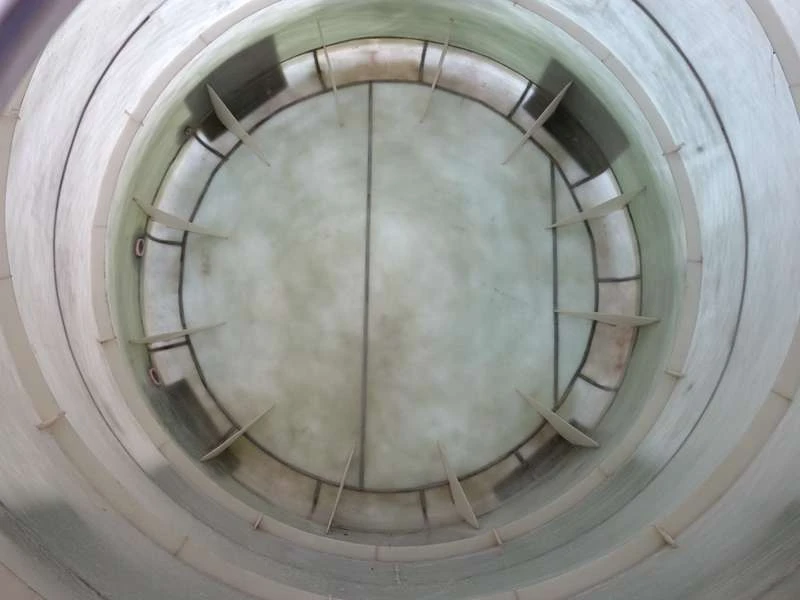
-
 Afrikaans
Afrikaans -
 Albanian
Albanian -
 Amharic
Amharic -
 Arabic
Arabic -
 Armenian
Armenian -
 Azerbaijani
Azerbaijani -
 Basque
Basque -
 Belarusian
Belarusian -
 Bengali
Bengali -
 Bosnian
Bosnian -
 Bulgarian
Bulgarian -
 Catalan
Catalan -
 Cebuano
Cebuano -
 China
China -
 China (Taiwan)
China (Taiwan) -
 Corsican
Corsican -
 Croatian
Croatian -
 Czech
Czech -
 Danish
Danish -
 Dutch
Dutch -
 English
English -
 Esperanto
Esperanto -
 Estonian
Estonian -
 Finnish
Finnish -
 French
French -
 Frisian
Frisian -
 Galician
Galician -
 Georgian
Georgian -
 German
German -
 Greek
Greek -
 Gujarati
Gujarati -
 Haitian Creole
Haitian Creole -
 hausa
hausa -
 hawaiian
hawaiian -
 Hebrew
Hebrew -
 Hindi
Hindi -
 Miao
Miao -
 Hungarian
Hungarian -
 Icelandic
Icelandic -
 igbo
igbo -
 Indonesian
Indonesian -
 irish
irish -
 Italian
Italian -
 Japanese
Japanese -
 Javanese
Javanese -
 Kannada
Kannada -
 kazakh
kazakh -
 Khmer
Khmer -
 Rwandese
Rwandese -
 Korean
Korean -
 Kurdish
Kurdish -
 Kyrgyz
Kyrgyz -
 Lao
Lao -
 Latin
Latin -
 Latvian
Latvian -
 Lithuanian
Lithuanian -
 Luxembourgish
Luxembourgish -
 Macedonian
Macedonian -
 Malgashi
Malgashi -
 Malay
Malay -
 Malayalam
Malayalam -
 Maltese
Maltese -
 Maori
Maori -
 Marathi
Marathi -
 Mongolian
Mongolian -
 Myanmar
Myanmar -
 Nepali
Nepali -
 Norwegian
Norwegian -
 Norwegian
Norwegian -
 Occitan
Occitan -
 Pashto
Pashto -
 Persian
Persian -
 Polish
Polish -
 Portuguese
Portuguese -
 Punjabi
Punjabi -
 Romanian
Romanian -
 Russian
Russian -
 Samoan
Samoan -
 Scottish Gaelic
Scottish Gaelic -
 Serbian
Serbian -
 Sesotho
Sesotho -
 Shona
Shona -
 Sindhi
Sindhi -
 Sinhala
Sinhala -
 Slovak
Slovak -
 Slovenian
Slovenian -
 Somali
Somali -
 Spanish
Spanish -
 Sundanese
Sundanese -
 Swahili
Swahili -
 Swedish
Swedish -
 Tagalog
Tagalog -
 Tajik
Tajik -
 Tamil
Tamil -
 Tatar
Tatar -
 Telugu
Telugu -
 Thai
Thai -
 Turkish
Turkish -
 Turkmen
Turkmen -
 Ukrainian
Ukrainian -
 Urdu
Urdu -
 Uighur
Uighur -
 Uzbek
Uzbek -
 Vietnamese
Vietnamese -
 Welsh
Welsh -
 Bantu
Bantu -
 Yiddish
Yiddish -
 Yoruba
Yoruba -
 Zulu
Zulu
Jan . 20, 2025 08:55
Back to list
ordor control system
Odor control systems are a cornerstone innovation in maintaining a conducive and pleasant environment in both residential and industrial settings. Their significance stretches from enhancing human comfort to maintaining regulatory compliance in industries dealing with waste, chemical processing, and other high-odor sectors. Real-world experiences indicate that deploying an effective odor control system requires understanding the nuances of both technologies and the specific odor challenges faced by a facility or area.
Real-world stories further illustrate the impact of these systems in communal settings. For instance, a food processing plant located near a residential community was often the source of complaints due to foul smells. After installing an effective odor control system featuring misting technologies and OH- radicals, community feedback drastically improved. Not only did this solution alleviate the odor problem, but it also repaired the plant's relationship with its neighborhood, showcasing the community-level benefits of authoritative odor management. A noteworthy innovation in the field includes the use of smart technology in monitoring and adjusting system operations based on real-time data. Sensors equipped with AI capabilities track odor levels and adjust system settings autonomously, ensuring efficient performance without human intervention. This technological advancement represents a growing trend towards smarter, more efficient systems that anticipate and adapt to odor challenges dynamically. One of the most exciting developments among experts is the exploration of natural solutions, utilizing enzymes and microbial action to neutralize odors. This bio-based approach not only minimizes chemical use but also promotes environmental sustainability. Experts predict this could become increasingly significant, aligning with global trends towards green technology solutions. For industries and facilities looking into investing in odor control systems, it's imperative to consult with experts who understand the intricacies of odor management. A deeper dive into scientific analysis and case-specific data remains crucial for selecting the right system. Authoritative recommendations can guide decision-making, ensuring that installations meet both personal and regulatory expectations while sustaining trust and reliability over time. Ultimately, the collaboration between cutting-edge technology and expert strategy remains a powerful tool in the successful implementation of odor control systems. Whether addressing residential, commercial, or industrial odors, a system that is planned and executed with experience, expertise, authority, and trustworthiness stands out not just as a service to users, but to the broader community.


Real-world stories further illustrate the impact of these systems in communal settings. For instance, a food processing plant located near a residential community was often the source of complaints due to foul smells. After installing an effective odor control system featuring misting technologies and OH- radicals, community feedback drastically improved. Not only did this solution alleviate the odor problem, but it also repaired the plant's relationship with its neighborhood, showcasing the community-level benefits of authoritative odor management. A noteworthy innovation in the field includes the use of smart technology in monitoring and adjusting system operations based on real-time data. Sensors equipped with AI capabilities track odor levels and adjust system settings autonomously, ensuring efficient performance without human intervention. This technological advancement represents a growing trend towards smarter, more efficient systems that anticipate and adapt to odor challenges dynamically. One of the most exciting developments among experts is the exploration of natural solutions, utilizing enzymes and microbial action to neutralize odors. This bio-based approach not only minimizes chemical use but also promotes environmental sustainability. Experts predict this could become increasingly significant, aligning with global trends towards green technology solutions. For industries and facilities looking into investing in odor control systems, it's imperative to consult with experts who understand the intricacies of odor management. A deeper dive into scientific analysis and case-specific data remains crucial for selecting the right system. Authoritative recommendations can guide decision-making, ensuring that installations meet both personal and regulatory expectations while sustaining trust and reliability over time. Ultimately, the collaboration between cutting-edge technology and expert strategy remains a powerful tool in the successful implementation of odor control systems. Whether addressing residential, commercial, or industrial odors, a system that is planned and executed with experience, expertise, authority, and trustworthiness stands out not just as a service to users, but to the broader community.
Next:
Related Products
Latest news
-
Exploring the Benefits of Top Hammer Drifter Rods for Enhanced Drilling PerformanceNewsJun.10,2025
-
High-Precision Fiberglass Winding Machine for GRP/FRP Pipe Production – Reliable & Efficient SolutionsNewsJun.10,2025
-
FRP Pipes & Fittings for Shipbuilding - Corrosion-Resistant & LightweightNewsJun.09,2025
-
Premium FRP Flooring Solutions Durable & Slip-ResistantNewsJun.09,2025
-
Premium Fiberglass Rectangular Tanks Durable & Lightweight SolutionNewsJun.09,2025
-
Tapered Drill String Design Guide Durable Performance & UsesNewsJun.09,2025









